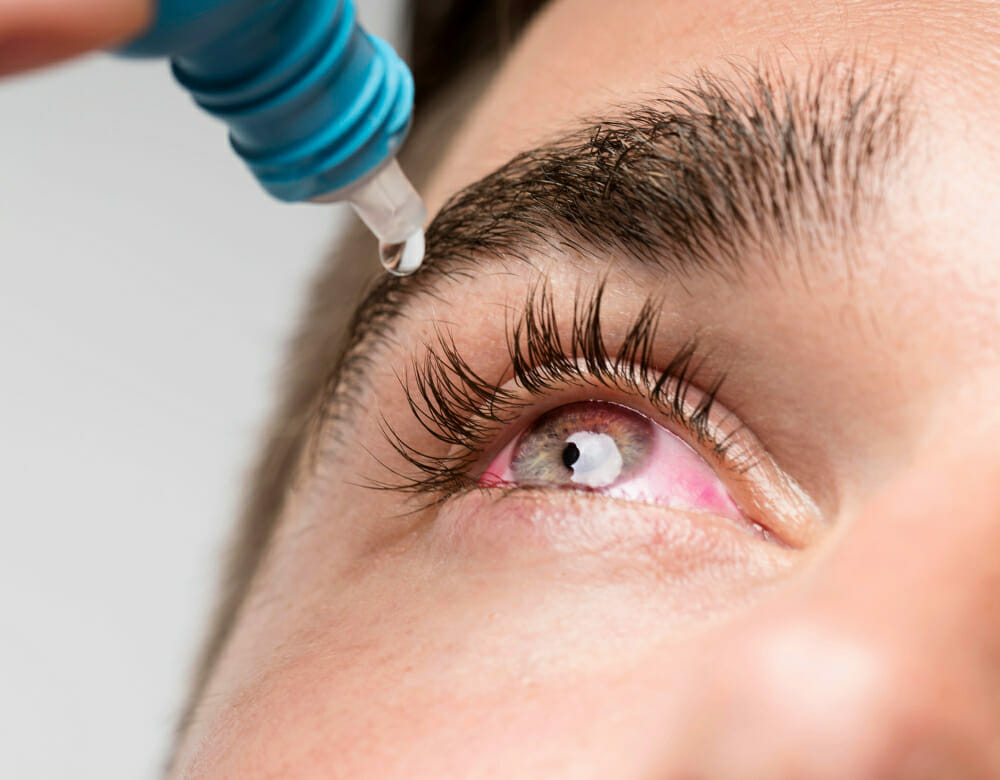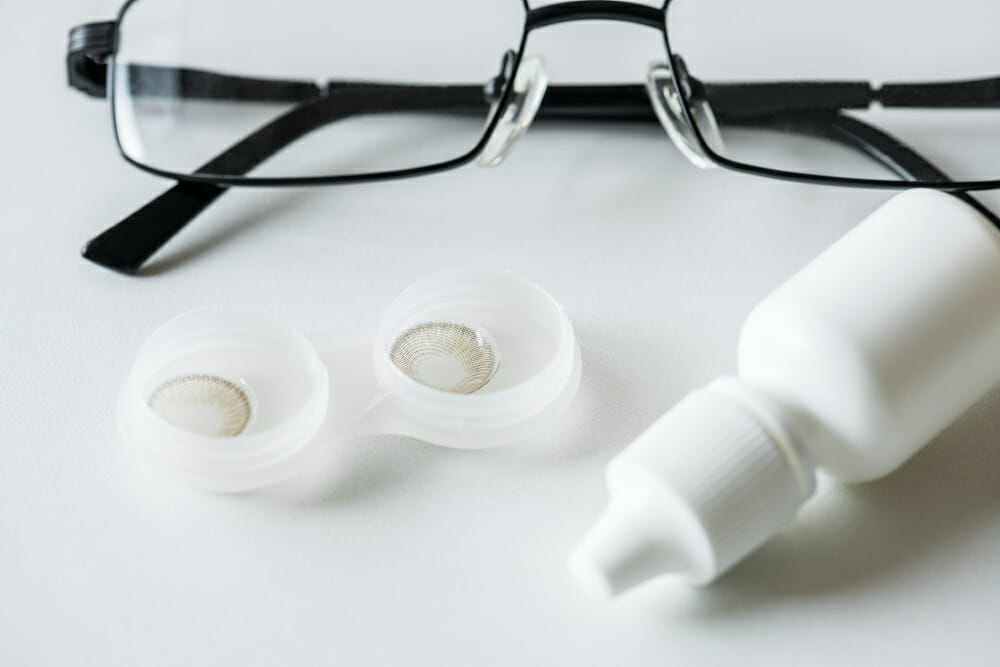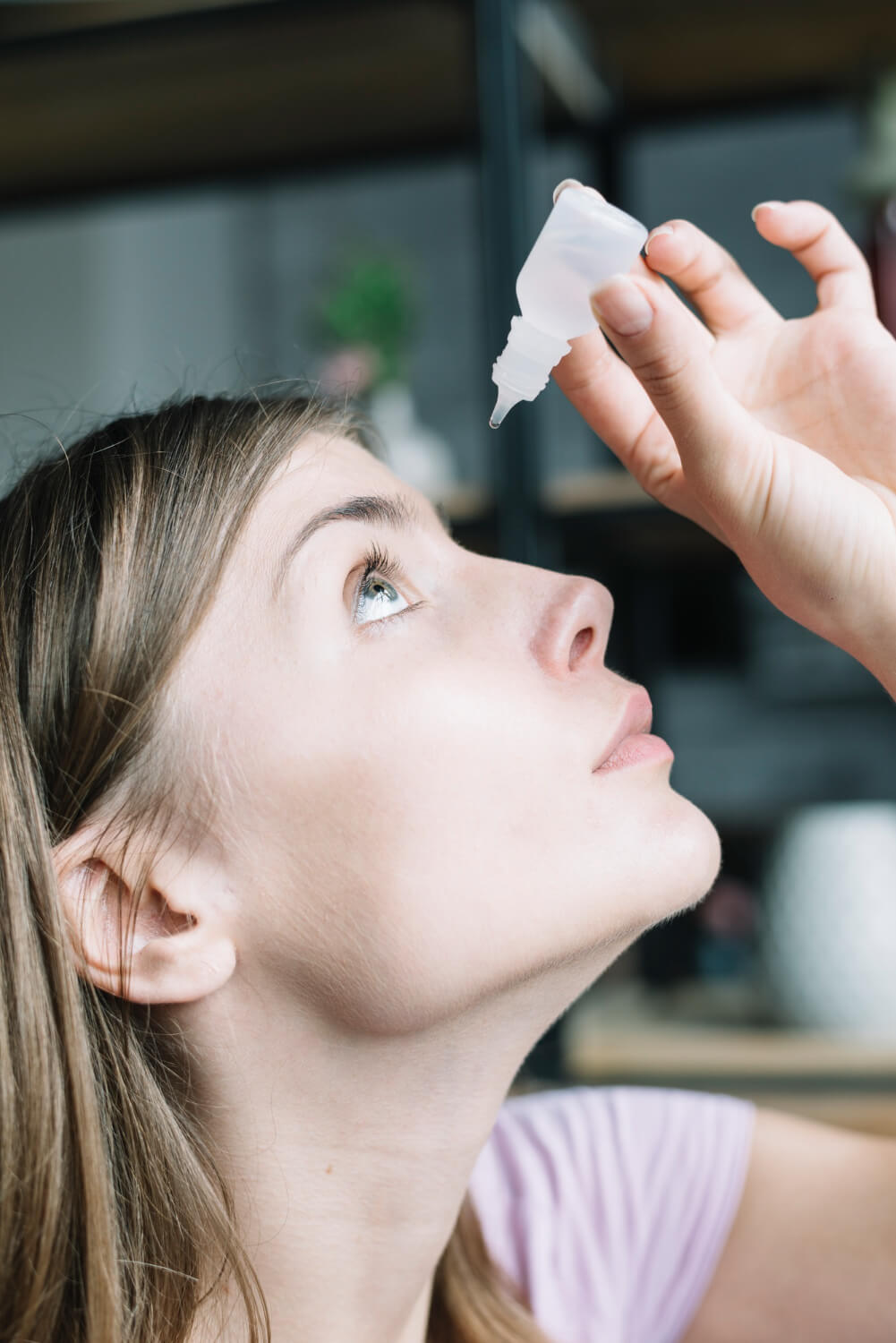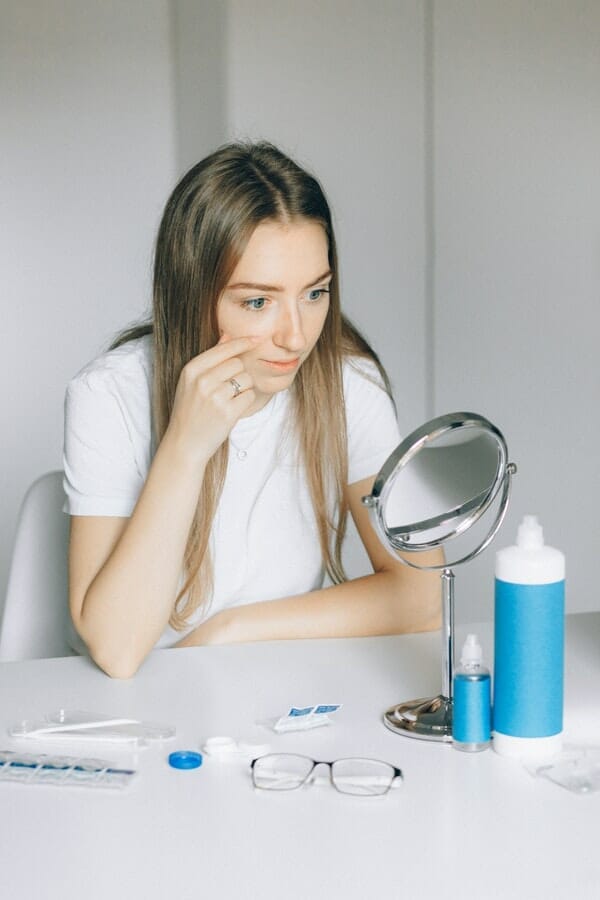Can Chronic Dry Eye Be Prevented?
There is no definitive way to prevent chronic dry eye. However, there are ways to reduce one’s risk.
Avoiding things which cause dryness, such as low humidity areas, wind, and fair dryers, can help. Using a humidifier while indoor heat is used, or wraparound glasses while outdoors, can provide some help. Remaining properly hydrated is also always a good idea.
Additionally, if you already suffer from dry eye, taking breaks while using devices with screens can help prevent symptoms from becoming further aggravated.
Changes to your diet or reducing or changing your medication, as directed by a doctor, can also help provide some relief.




















